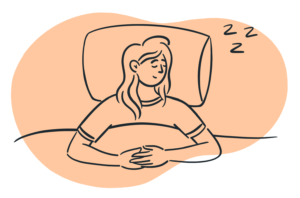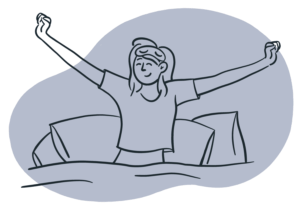Shift Work and Sleep
Disclosure: By clicking on the product links in this article, Mattress Nerd may receive a commission fee at no cost to you, the reader. Read full disclosure statement.
Mattress Nerd consulted Dr. David Onu to ensure that this article met our editorial standards.
Nearly 160 million people are employed in the United States, and up to 20 percent of them work nights or rotating shifts, according to an editorial in the New England Journal of Medicine. Shift work enables round-the-clock services and is necessary in several occupations including firefighters, police officers, factory workers, and medical personnel including doctors, nurses, and paramedics. Night and rotating shift workers play a crucial role in our society. But they are far more likely not to get enough sleep and feel excessively sleepy when they are awake, according to a national study on sleep quality in shift workers published in the journal Occupational & Environmental Medicine.
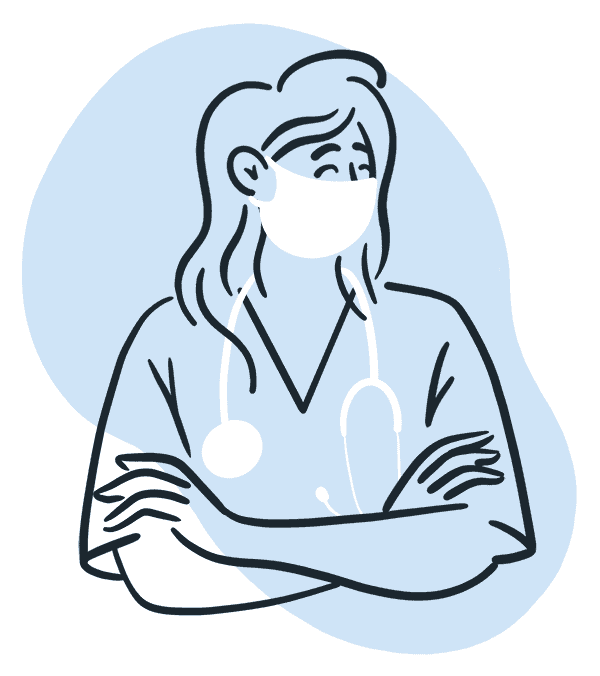
Shift workers are prone to sleep deprivation. They work during the hours most people sleep and as such, their circadian cycle — the body’s internal 24-hour clock — can easily fall out of rhythm. The circadian rhythm orchestrates several of our body’s functions including our sleep-wake cycles. It’s regulated by a master clock located in a small region of the brain known as the suprachiasmatic nucleus, or SCN. This tiny area of the brain reacts to environmental factors. For example, when it senses daylight, it triggers wakefulness and when it senses darkness, it stimulates the production of the sleep hormone melatonin.
People who work when it’s dark outside and sleep during daylight hours are essentially working against the body’s natural circadian clock. They often have difficulty feeling sleepy when they’re ready to go to bed and feel extra groggy at night when they are working.
An added aggravation with shift work is that schedules often fluctuate. Some people may work nights one week and days the next or, if they work evenings, they may try to adopt a more “normal” schedule on their off days. These situations can only worsen sleep problems. If left untreated, long-term sleep deficits in people who work non-traditional schedules may develop into shift work sleep disorder.
Shift work and Covid19
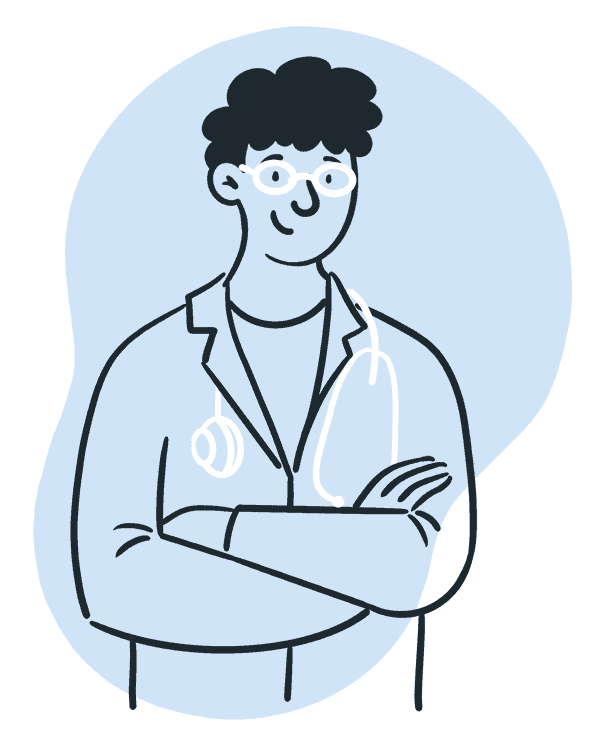
Shift work can negatively impact health, reduce immunity, and has put people who work non-traditional schedules at greater risk for COVID-19. According to a recent study in the Journal of Sleep Research involving more than 18,000 participants, people who worked night-shift jobs had a 1.85-fold increased risk of developing COVID-19 compared to their counterparts. Another study published in the journal Thorax backed up those claims, finding that shift workers were significantly more likely to end up in the hospital with COVID-19 compared to people who worked regular work schedules. Researchers speculate that this is due in part to altered immune system responses to infection.
Healthcare workers — many of whom work night or rotating schedules — are especially vulnerable to COVID-19 infection. A recent Occupational & Environmental Medicine study found that doctors, nurses, and emergency medical technicians are seven times more likely to have severe COVID-19 infection than those in non-essential jobs.
“I’ve never known what it’s like to be a nurse while a pandemic isn’t going on,” says Ethan Pollet, an ICU nurse. “But I heard before the pandemic nurses would commonly get floated to other units or even be put on call. I am still only responsible to work three nights a week but due to staffing shortages, I find myself working four, maybe five, nights a week.”
Many healthcare workers have left their jobs due to pandemic burnout or because they have fallen ill themselves, which has resulted in staff shortages at medical facilities nationwide. “With short-staffing being the most significant impact right now on healthcare workers, everyone is exhausted,” says Sara Olson, a critical care nurse. “My sleep has taken a hit on me personally, especially working in between shifts. With the 12-hour shifts back-to-back, I constantly wake up in the middle of the night worried about making sure my alarm goes off, which makes it impossible.”
What is shift work sleep disorder (SWSD)?
About 10 percent of people who work during the night when most people are sleeping go on to develop shift work sleep disorder (SWSD), a condition that can lead to a myriad of health problems. It is often seen in those who work non-traditional hours including:
- Early-morning shifts
- Night shifts
- Overnight shits
- Rotating shifts
People with shift work sleep disorder suffer from chronic insomnia and excessive daytime sleepiness which can affect their mental and physical health. For example, recent study from Oregon State University found that nurses who work overnight shifts experience more sleep disturbances and are more likely to suffer from physical and psychological issues such as PTSD and heart disease.
“It always takes me a day to switch back to a normal sleep schedule,” says Pollet. “I’ll get home in the morning and sleep four hours then get up and try to be productive, but that first day off is a struggle.”
Sleep deprivation from shift work can also have detrimental effects on on-the-job performance increasing the risk of accidents and injury. According to the National Transportation Safety Board (NTSB), 30 percent to 40 percent of all U.S. truck accidents are related to fatigue — and it’s likely that number is underestimated in conventional reports, the researchers said. The board’s investigation into the immediate causes of fatigue-induced accidents revealed that the primary culprit was the amount of sleep during the proceeding 24 hours and split-sleep patterns. NTSB also concluded that the 1989 Exxon Valdez oil spill accident in Prince William Sound, Alaska, was due to fatigue caused by reduced sleep and extended work hours.
Symptoms of shift work sleep disorder
The most common symptoms of shift work sleep disorder include:
- Excessive sleepiness
- Insomnia
- Lack of energy
- Difficulty concentrating
- Moodiness and irritability
- Headaches
- Difficulty making decisions
- Relationship problems
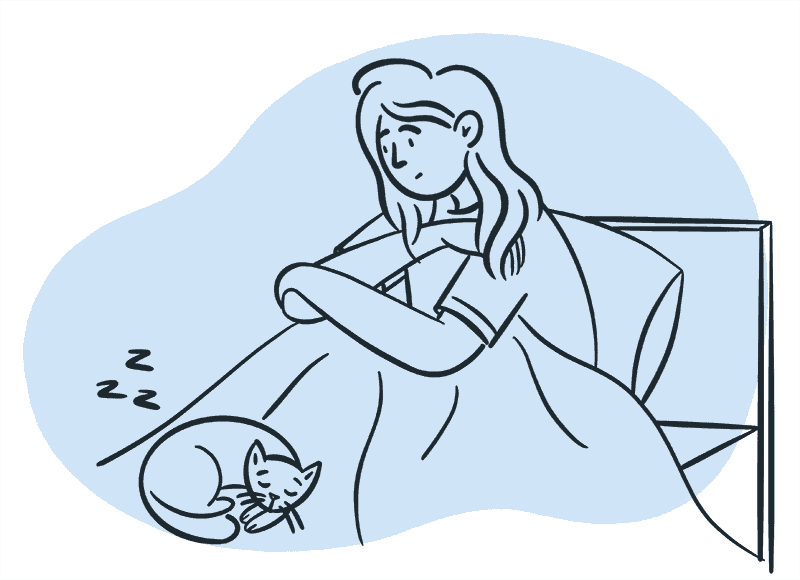
Shift work sleep disorder can impact a person’s job in the following ways:
- Work-related accidents and injuries
- Poor choices or mistakes
- Impaired social functioning
- Increased use of sick time due to health-related complications
- Substance abuse due to alcohol and drugs to help someone stay awake or fall asleep
Long-term health risks associated with shift work sleep disorder include:
- Frequent colds or infection due to compromised immunity
- High blood pressure
- Heart disease
- High cholesterol levels
- Type 2 diabetes
- Obesity
Tips for better sleep
It may seem impossible to get a good night’s sleep when working odd shifts, but there are some sleep hygiene practices you can adopt that can help improve your chances for better sleep:
- Keep a regular sleep and wake schedule whenever feasible, even on weekends.
- Limit your overnight shifts, if possible.
- Reserve your bedroom for sleep and sex only.
- Turn your bedroom into a quiet, dark, and peaceful sleep sanctuary.
- Wear eye shades to block out sunlight and indoor lighting.
- Wear earplugs or use a sound machine to drown out daytime noise.
- Put your phone on silent mode.
- Put a “Do not disturb” sign on your door.
- Avoid caffeine within six hours of bedtime as caffeine can stay in your system and interfere with sleep.
- Limit alcohol. It can help put you to sleep but can wake you prematurely.
- Get regular exercise but avoid vigorous aerobic exercise within four hours of going to bed.
- Take a long nap before a night shift begins.
- Use bright lighting during waking hours to keep alert.
- Try over-the-counter sleep aids like melatonin.
- Consult a doctor
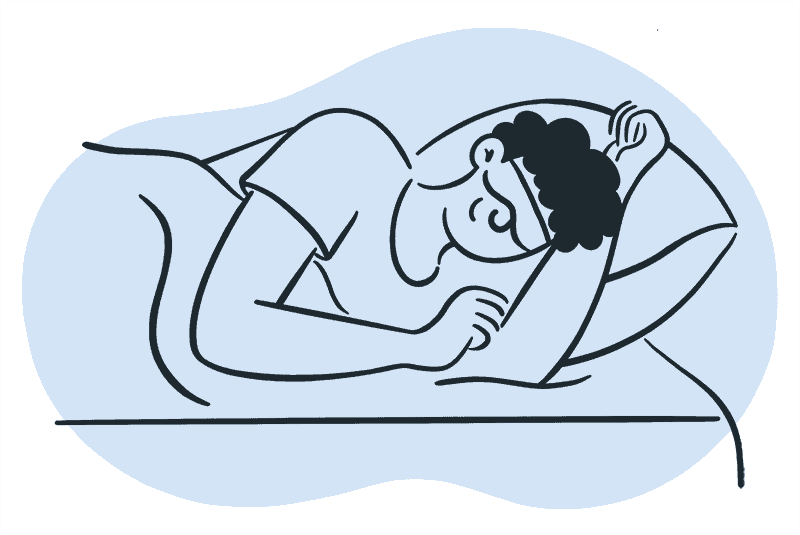
Final Thoughts
Shift workers make up about a fifth of the American workforce. They provide a valuable and necessary service. But working late night, early morning, or overnight shifts can take a toll on your sleeping schedule. When your sleep suffers, it can have detrimental effects on your mental and physical health, as well as your overall well being.
Meet Our Medical Reviewer
Dr. David Onu
Dr. David Onu is a Registered medical practitioner with expertise in Neurosurgery, Forensic Medicine, Legal Medicine, Custodial Medicine, and General Practice (Family Medicine). He holds the Fellowship of the Australasian College of Legal Medicine (FACLM), Fellowship of the Royal Australian College of General Practitioners (FRACGP), Master of Forensic Medicine (MForensMed) from Monash University, and Bachelor of Medicine, Bachelor of Surgery (MBBS). He is a Member of the Australia Medical Association (AMA).
